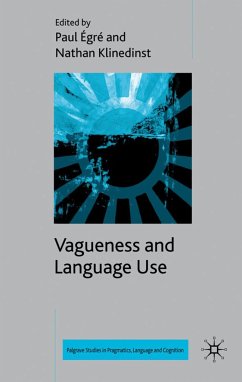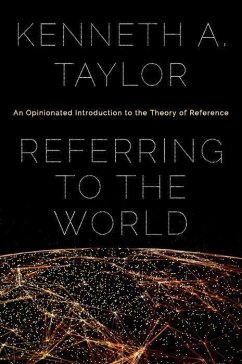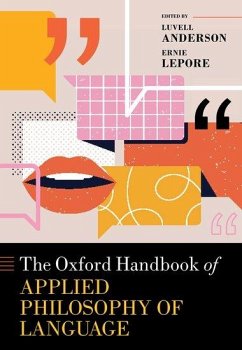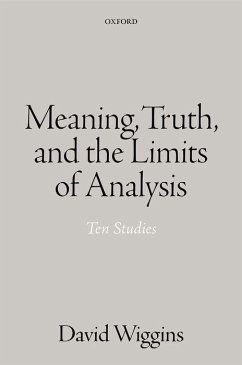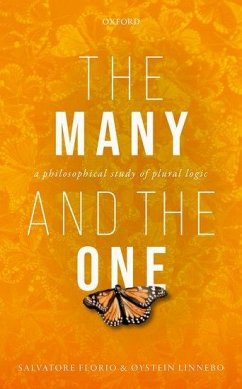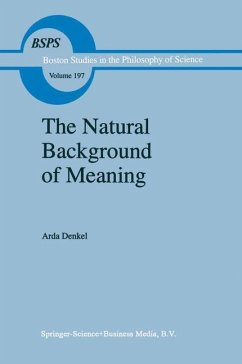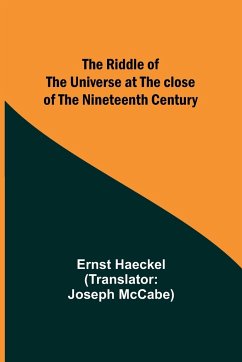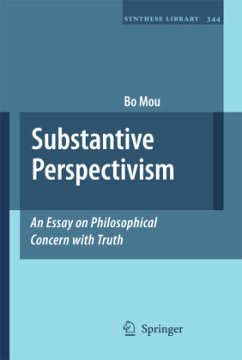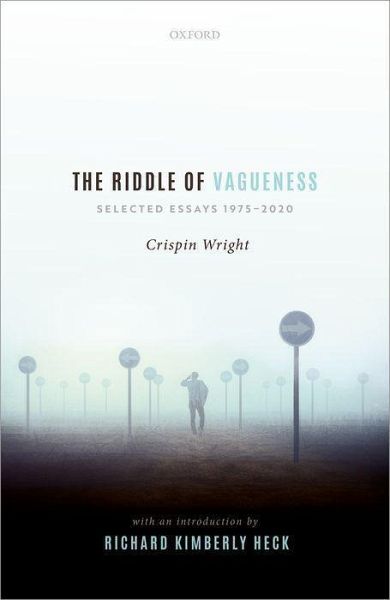
The Riddle of Vagueness
Versandkostenfrei!
Versandfertig in über 4 Wochen
52,99 €
inkl. MwSt.
Weitere Ausgaben:

PAYBACK Punkte
26 °P sammeln!
What should we make of the vagueness we find in our language and thought? This has been one of the most debated questions in philosophy in recent decades. Crispin Wright has been a key figure in this area since the 1970s, and now at last his highly influential work on the topic is drawn together in a book.




